THIS year Andalucia Day falls on Monday – February 28 – as Spain’s most populous region enjoys a deserved day of rest.
The annual public holiday marks 42 years of Andalucia’s autonomy and typically sees buildings and streets adorned with the green-white-green stripes of the Andalucian flag.
Bands also march through provincial capitals playing the himno de Andalucia.
The day would be a dream-come-true for Blas Infante, the man who designed the Andalucian flag and wrote its hymn.
And yet the the official ‘father of the Andalucian homeland’ is still missing somewhere among the 1100 bodies at Spain’s largest mass grave in Pico Reja, Sevilla.
Tragically, it was his unrepentant love of southern Spain that got him shot by Francoist rebels at the outbreak of the Spanish Civil War in 1936.
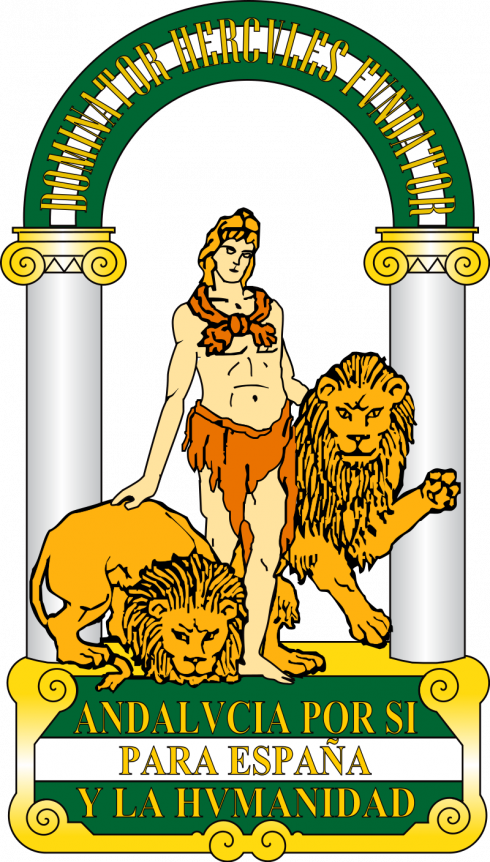
Who was Blas Infante?
Blas Infante Perez de Vargas was born in Casares (Malaga province) in 1885 to a middle-class family of labourers.
He began work as a public notary at the courts of Casares in 1900 before passing a bar exam in 1909 and moving into higher social circles.
Yet as Blas Infante expanded his career horizons with placements in Cantillana and Isla Cristina he carried his origins forever with him.
He later wrote: “I have nailed to my conscience since my childhood the troubled vision of the labourer. I have seen his hunger pass through the town’s streets.”
In honour of his heritage he rewrote a common folksong sung by labourers at the break of dawn, which later became the himno de Andalucia.
Blas’ immediate enemies were corruption and caciquism (government by local bossism) which he saw as impeding the progress of humanity.
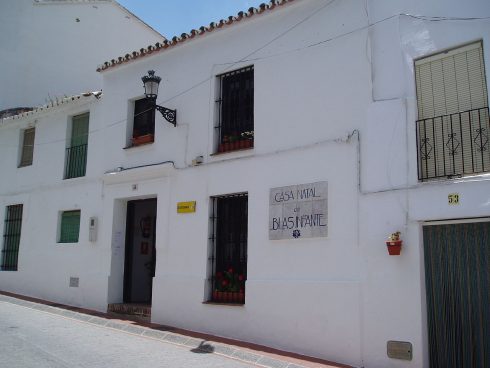
Becoming president of the Junta Liberalista de Andalucia (JLA)
By 1915 Infante published his most important work, the Ideal Andaluz, which set out his visions for an Andalucian identity free from its then struggles.
Three years later, in 1918, he designed and proposed the future emblem of an autonomous Andalucia at the infamous Asamblea de Ronda.
The emblem featured Hercules flanked by two lions, inside the pillars of Hercules, and above the green-white-green stripes of the future Andalucian flag.
Infante soon actively pursued political roles, running for the district of Gaucin in 1918 and a year later for Sevilla.
Every time, however, he saw democratic progress stumped by caciquism and nepotism.
In 1919 he signed the Manifiesto Andalucista de Cordoba which, along with various progressives, established the wish for an autonomous national identity within Spain:
“We feel that the supreme hour is coming when the end of old Spain will have to be definitively consummated […] Let us declare ourselves separatists from this State that, in relation to individuals and peoples, violates without restraint the privileges of justice and interest and, above all, the sacred privileges of Freedom; of this State that disqualifies us before our own conscience and before the conscience of foreign Peoples […] It is no longer worth protecting their miserable interests.”
In years prior to the outbreak of the Spanish Civil War, Blas Infante was president of the Junta Liberalista de Andalucia (JLA) organisation fighting for Andalucian autonomy.
Following the Spanish elections of 1936, the Andalucian cause grew stronger with Infante named as president-of-honor of the future autonomous Junta Regional de Andalucia.
But when Francoist troops started a coup d’etat from the south in July this turned Infante into an immediate target.
Fascist soldiers captured Blas Infante on August 2 at his house, before shooting him without trial or sentence some nine days later at Pico Reja.
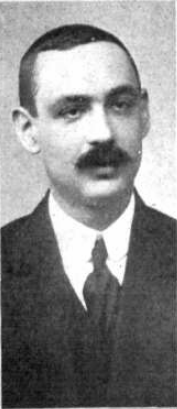
Honouring Blas Infante today
Blas Infante is today recognised as the ‘Father of the Andalucian Homeland’ by the fully autonomous Parlamento de Andalucia.
The official flag is the same colours as imagined by Blas Infante, and features the insignia he presented to the Asamblea de Ronda in 1918.
The emblem still has Infante’s words: “Andalusia by itself, for Spain and humanity”.
Millions of southern Spaniards took to the urns to make this happen on February 28th in 1980, just five years after Franco’s death.
Seven of Andalucia’s eight provinces voted in favour of having their own parliament and president, as well as powers over education, health, environment, police, culture, social security and economic development.
But more than Andalucian autonomy, Blas Infante was passionate about improving the lot of Spain and humanity as a whole.
Perhaps this extract from his writings best captures the soul and spirit of Andalucia’s founding father:
“My nationalism, before being Andalusian, is human. I believe that, by birth, nature points out to the soldiers of Life the place where they must fight for it. I want to work for the Cause of the spirit in Andalusia because I was born there. If I were elsewhere, I would strive for this Cause with equal fervour.”
READ MORE:
- Dia de Andalucia: Find out all you need to know about Spain’s most populous region’s celebration day
- Highway to hell: The tragic story of how thousands of people were slaughtered by Franco’s forces as they fled Malaga
- 10 things you should know about Federico Garcia Lorca, killed 85 years ago during Spanish Civil War
Click here to read more News from The Olive Press.

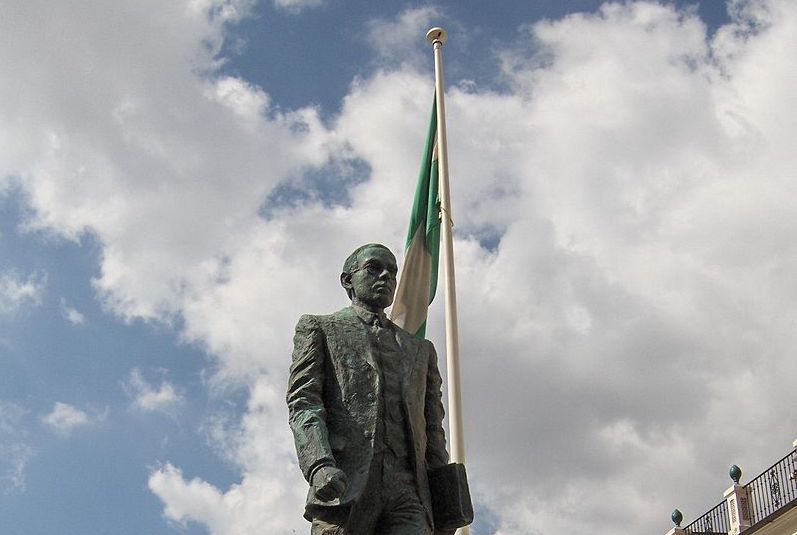



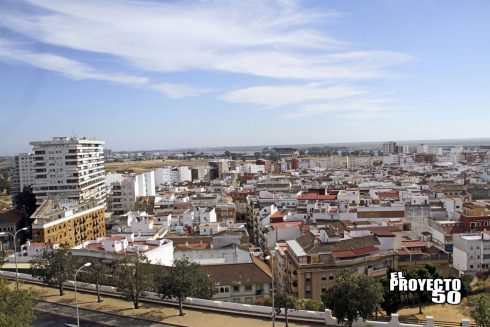
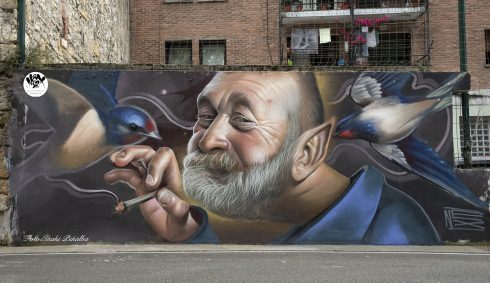

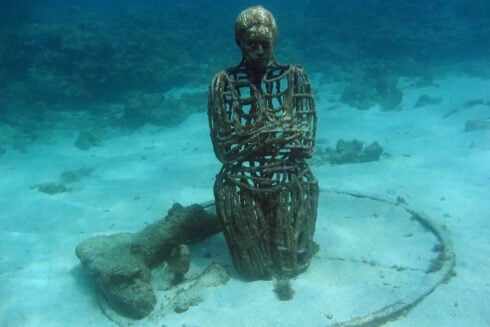
Very interesting article. It sounds like Senor Blas Infante was an intelligent and courageous man. However, please site one historic fact or reference where he refers to himself (as you do in this article) as a “progressive”?